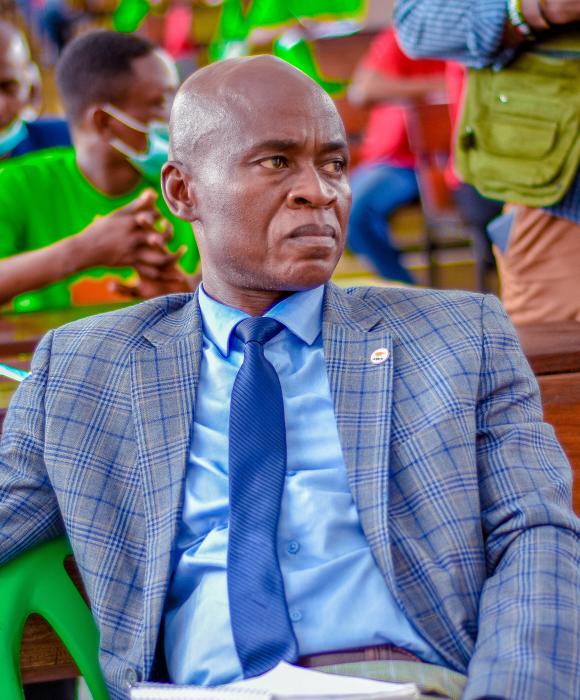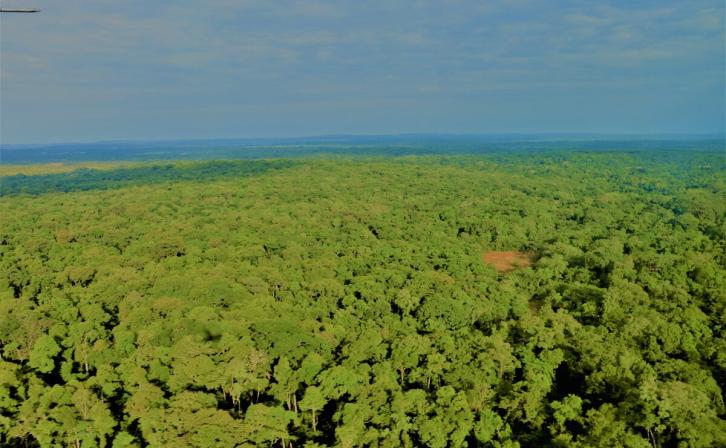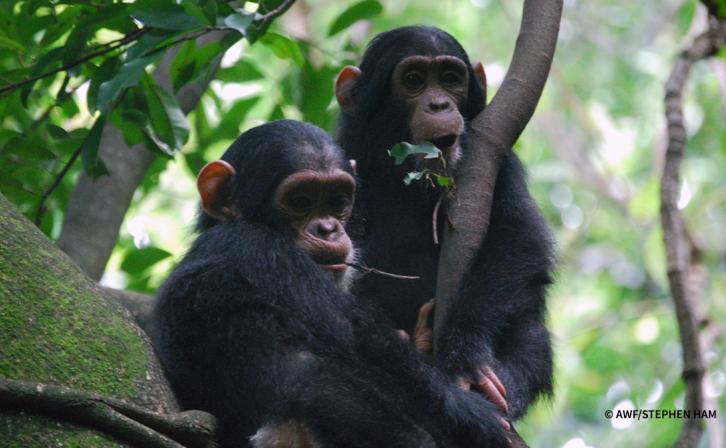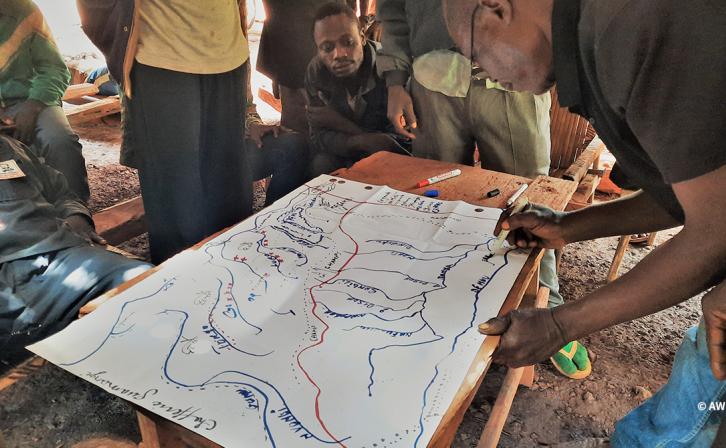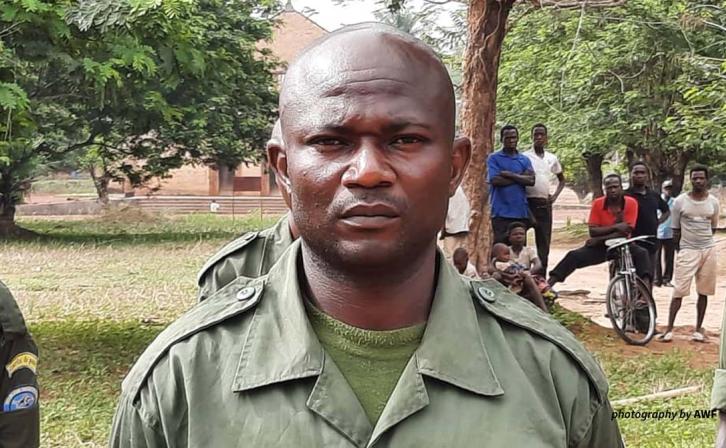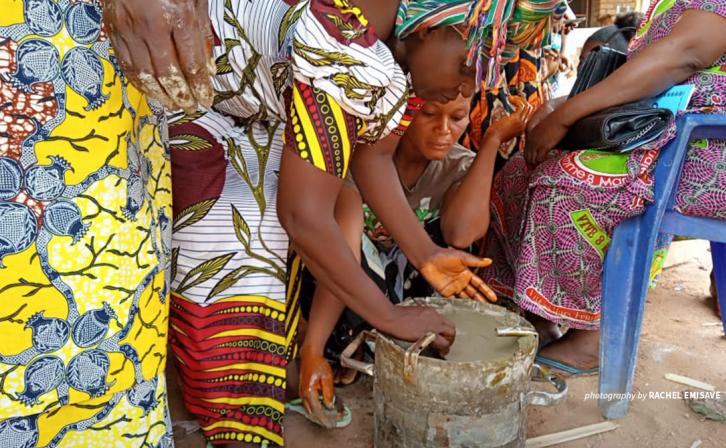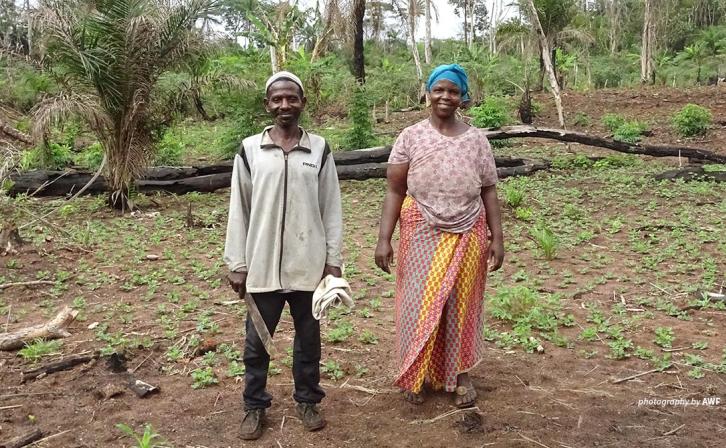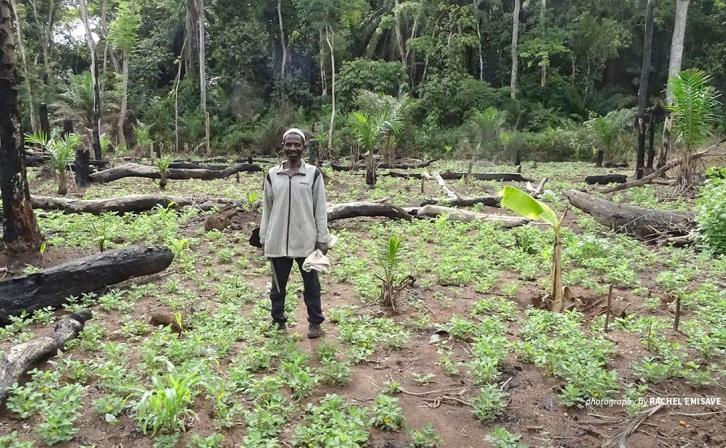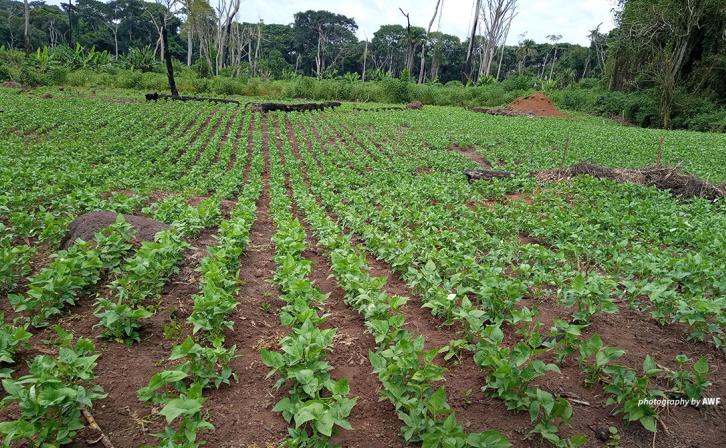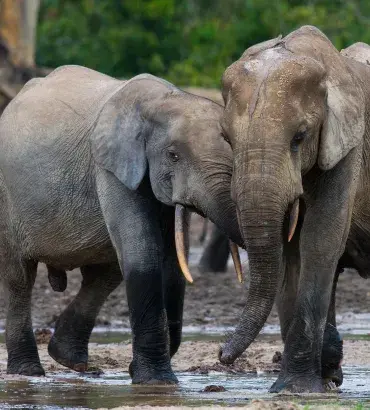Bili-Uele
The Bili-Uele Protected Area Complex stretches over 40,000 square kilometers and hosts significant populations of Eastern chimpanzees and forest elephants. Because this area makes up part of the Congo Basin rainforest—a vital global carbon sink, which sequesters more carbon than the Amazon—it is critical for conservation. But the country’s wildlife authority has struggled to effectively protect and manage Bili-Uele due to a dire lack of resources and the extraordinary remoteness of this landscape.
We’ve partnered with the DRC’s wildlife authority (the Institut Congolais pour la Conservation de la Nature, or ICCN) in the Bili-Uele Protected Area Complex since 2016. This work has been primarily supported by the European Union under its ECOFAC 6 Preserving Biodiversity and Fragile Ecosystems in Central Africa Programme.
Our comprehensive approach addresses the range of challenges and opportunities in the landscape, where we uphold a firm commitment to human rights:
- Supporting law enforcement
- Investing in protected area infrastructure
- Developing sustainable livelihoods
- Creating incentives for sustainable community practices
- Monitoring wildlife
AWF in Action
Empowering Families in Bili-Uele
Community members in Bili-Uele embrace sustainable practices that reduce labor and improve quality of life, and we promote such practices as part of a holistic conservation strategy. In the Bili-Uele landscape, we’re facilitating training in constructing stoves that burn less fuel and produce less smoke, easing the strain on a fragile forest ecosystem while empowering local women. The training is part of a USAID-funded community-based counter wildlife trafficking project designed to improve community livelihoods in Bili-Uele.
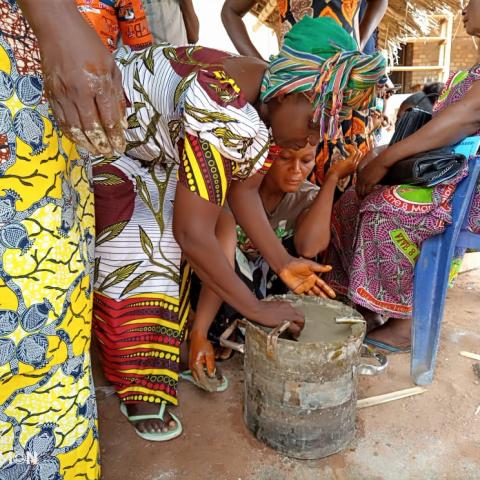
Fostering A Conservation Ethic and Action
Long-term conservation success depends on developing a corps of future conservation champions, which is why we conduct student outreach in Bili-Uele. Recently In a concession of the Catholic Church of Bili-Uere, 168 senior students from two elementary schools planted 140 quickly growing seedlings to replace palm trees that had long since been uprooted. The pupils were enthusiastic and promised to plant a tree around their homes as a show of support for our work and mission. Earlier, AWF community facilitators had taught elementary school children about agroforestry methods. This activity was a part of that lesson.

Infrastructure Support
When necessary, we invest to ensure park personnel have access to essentials like operating bases, offices, water supply, electricity, roads, airstrips, and radio systems. This helps protected-area managers respond quickly and efficiently to incursions and other threats to wildlife and habitat.
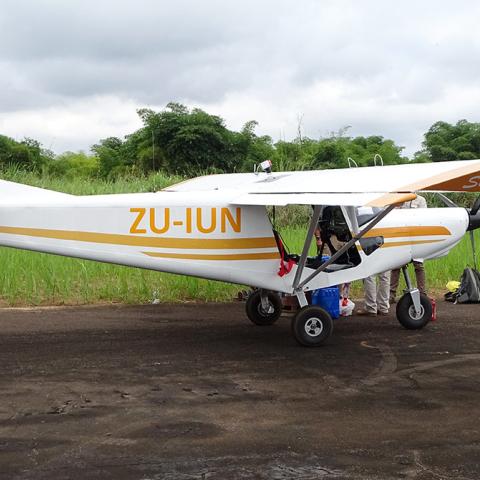
Integrating Human Rights into Conservation Work
Our work with communities in the Bili-Uele landscape shows how we fulfill our commitment to uphold a rights-based conservation approach. We’ve codified this commitment in a model policy and standard to which all staff, consultants, sub-grantees, etc., are beholden. Our policy specifically addresses Indigenous peoples and local communities, whose livelihoods are often linked to their lands and who can thrive or suffer as a result of conservation. In Bili-Uele, rights-based training is integrated into eco-guard training and community outreach.
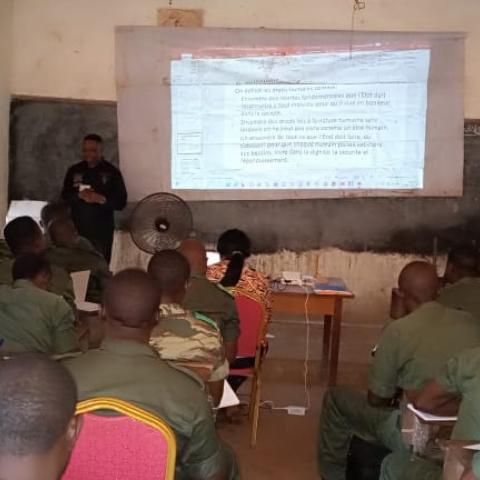
Linking Conservation to People’s Well-Being
Learn why conserving Bili-Uélé matters for local people, wildlife, and the global response to climate change.
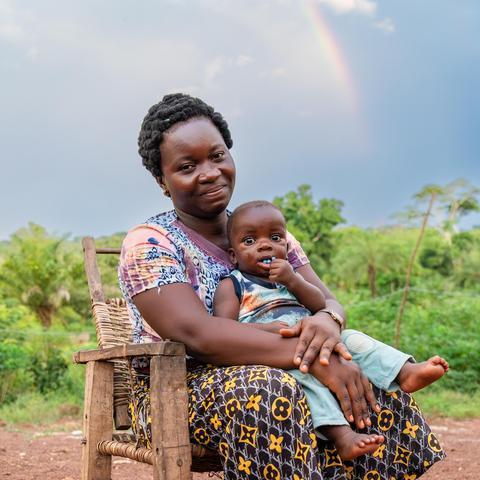
Negotiating Space for Wildlife
In approaching landscape-level conservation, we identify targets ranging from the number of endangered species in a landscape to the presence of ecosystem services like clean water. How those targets are distributed guides how the landscape is divided into functional zones—with solutions shaped by communities and other stakeholders through collaborative planning. Locally-led solutions are key to stabilizing and increasing wildlife populations in the long term.
Using data from patrols, ecological monitoring, remote sensing, and satellite imagery, we develop land-use models and apply geographic information systems (GIS) to help local people make sustainable decisions about how to use the land, from conservation planning to development choices. This way, communities reap the rewards of nature without overexploiting it, and both people and wildlife have the space they need to thrive.
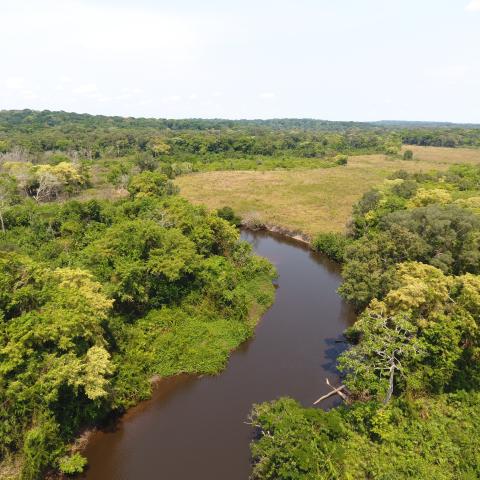
Restoring Security Within the Landscape
Our technical and financial support for joint patrols in Bili-Uele protected areas has led to a greater sense of security. Community members used to walk more than 10 kilometers for food, risking encounters with armed groups; now, they report a greater feeling of ease and freedom of movement. “I am happy to see that efforts made by AWF and its partners to restore security in our area are bearing fruit. Markets are open again and business activities have resumed, making it no longer a problem to get food. Now even my child can go to the market without any worrying about whether he will come back safe and sound or not,” said community member Nyamada Léon.
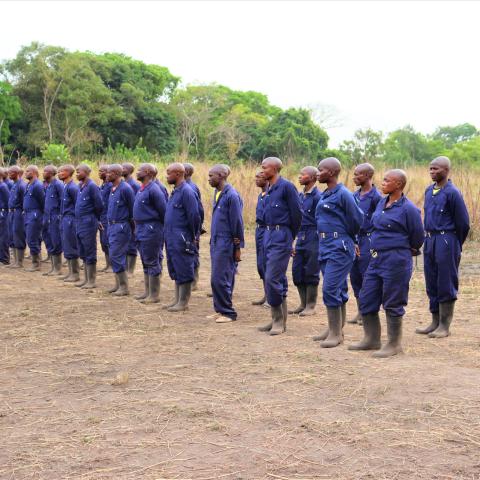
Sustainable Farming to Protect the Forest
The United States Agency for International Development is collaborating with us through a community-based counter wildlife trafficking project to provide technical support to Bili-Uele farmers interested in migrating from subsistence farming to sustainable agribusiness. Our team runs workshops that address harmful practices such as slash-and-burn agriculture and demonstrate sustainable practices like crop rotation. Alongside training on product marketing, these sustainable agriculture techniques have boosted yields and income for farmers in Bili-Uele—a win-win for a fragile rainforest ecosystem and for farmers.

See More of Our Work
Wildlife We Are Protecting
By the Numbers
65% Community members reporting a greater sense of security and ease of movement as of 2022
11,000 Square kilometers mapped in community land-use planning, with 4,527 designated as a wildlife corridor
